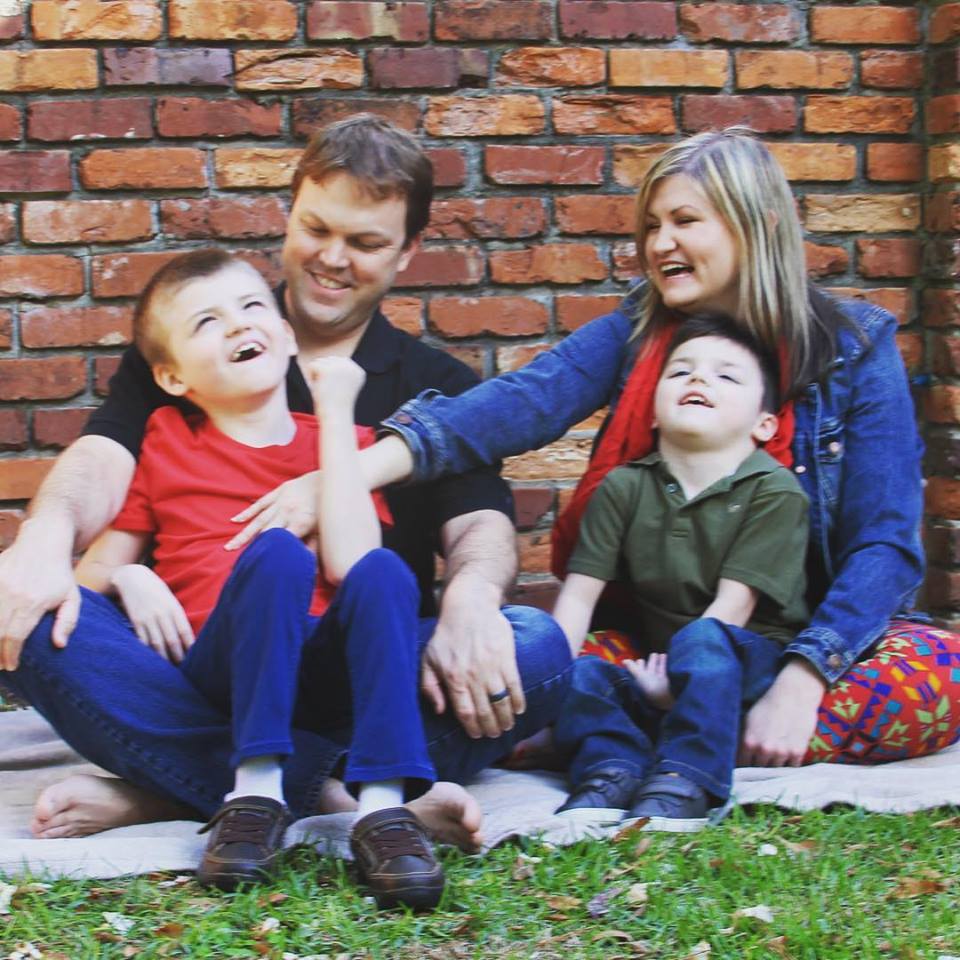An op-ed by mom and Hearts for Home Care advocate Haley Keisler

“I’m sorry. I love caring for your sons, but I have to leave this job so I can provide for my own family.” It’s a message I’ve heard far too many times in the past six years. While home care provides our family with the ability to live together under one roof, the lack of available, quality in-home caregivers in South Carolina threatens our access to care.
Our boys Maxwell and Matthew both have Pelizaeus-Merzbacher’s disease, which means they are wheelchair-bound, unable to stand, sit, or walk on their own, and they must be fed, clothed, and bathed by a capable adult, which makes caring for them more complex than simply hiring a babysitter.
The home care services we receive through South Carolina’s Medicaid program enable me and my husband to get the boys to doctors’ appointments, sleep for more than a few hours at a time, and work outside the home providing for our family while our boys receive the specialized care they need.
A career in home care requires compassion. It takes a special person to do this job that literally keeps families together. If we didn’t have this support, we would not be able to care for our sons on our own and they would have to be placed in an institutional setting. However, there comes a time when all of the compassion in the world can’t pay the bills. If a home health aide can get paid more in retail or fast food, why would they choose a lower-paying job in my home that can be more physically and mentally draining?
They need to be able to make enough to support themselves and their families too. I would not expect the most compassionate and capable aide to stay in a position that forces them into missing their next mortgage payment or rendering them unable to feed their own family.
No matter what level of compassion a person has, fewer people want to be aides because the pay isn’t enough to match the effort and stress of the job. Our current caregiver is an amazing and trustworthy person. I can’t put into words how much this eases my and my husband’s daily anxieties about our sons’ care and truly makes our marriage, our parenting, and our daily lives much more consistent and predictable. But if something comes up and she cannot come to our home one day, it sets off a series of complications. Likely, I have to call out of my job too because there just aren’t enough aides available for providers to staff call-out cases. This impacts my job and threatens our ability to complete the day-to-day necessities that supporting a family requires, including taking the boys to their doctors’ appointments, grocery shopping, and caring for myself.
What I’m trying to say is, we as a society do not match up the value of caregivers and what we pay them. For many families like ours, these caregivers provide a lifeline that allows us to keep our family together. With South Carolina’s Medicaid reimbursement rates for these services being where they are, there’s no way that home care providers can compete with the Walmarts and the Chick-Fil-As of the world.
I wish all caretakers were paid a million dollars, if only so that the industry can attract more compassionate, quality aides to the positions. Though this isn’t realistic, it is not enough to simply cross our fingers and hope that enough compassionate caregivers stick around to care for our vulnerable populations—not only special needs children, but also the elderly to keep them in their communities and out of nursing homes. We need to adjust our priorities to value home caregivers for what they provide to society at-large as well as the families who depend on it.
-Haley Keisler
Lexington, SC







